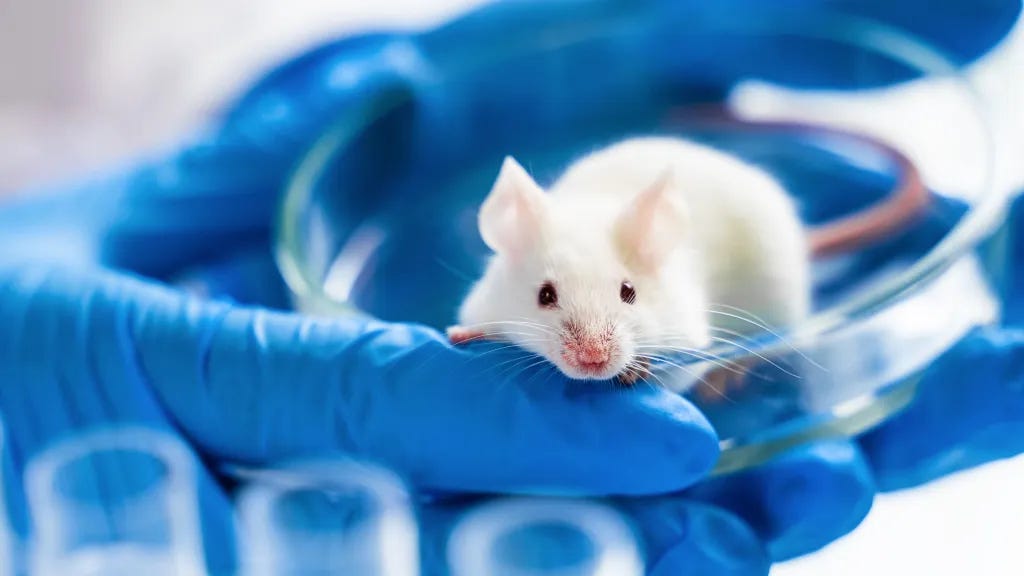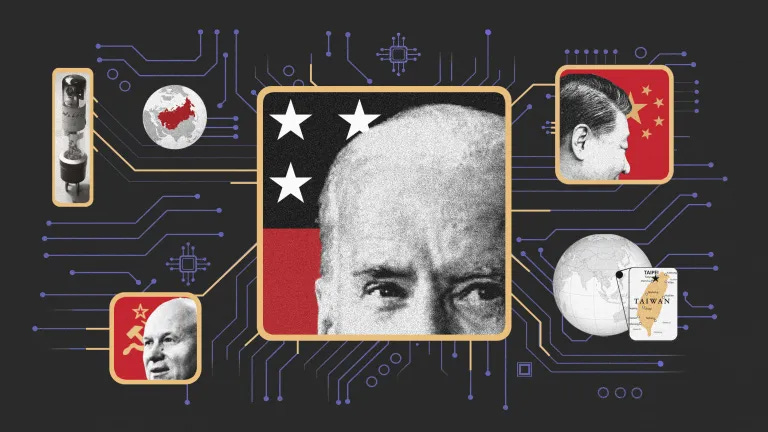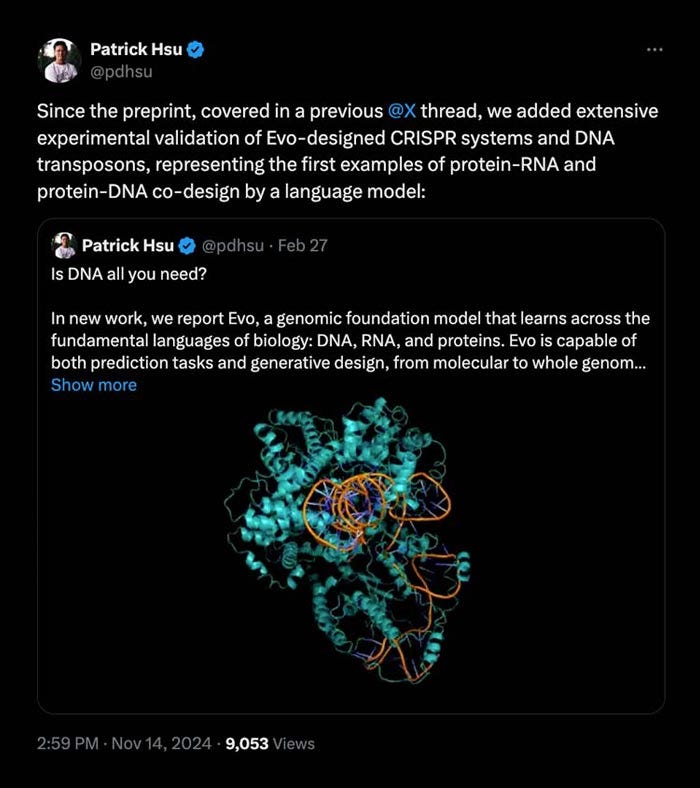🌎 The microchip monopoly
The tiniest tech could ignite the largest geopolitical conflicts.
Hey Freethinkers,
Stealing technology is easy. But stealing the ability to produce and innovate technology at scale? Good luck. The Soviets learned this during the Cold War after stealing U.S. semiconductor secrets in an attempt to start a Silicon Valley in Russia for making advanced chips. The plan didn’t pan out. Why? Moore’s Law, lack of market access, and some strategic tech sabotage by U.S. intelligence agencies, to name a few factors.
China also lagged behind the U.S. in chip manufacturing — but unlike Russia, they’re still in the race. This week, we dive into the Chip Cold War to learn why.
Also on deck: FutureHouse co-founder Sam Rodriques talks about his quest to automate scientific discovery, Kevin Dickinson investigates how consumer tech is turning science into a hobby, and Future Explored speaks with a founder whose startup helps “deep clean” your social accounts.
Onward,
Stephen
THE CHANGING WORLD ORDER
Why the USSR and China fell behind the US in the Chip Cold War
The USSR was pretty good at reverse engineering American technology — but its economy could never match the engine that drove those innovations in the first place. Its tech sector, such as it was, was doomed to trailing behind Silicon Valley. China, too, has been famous for copying other nations’ technology — but that doesn’t mean it will follow the same path as the Soviets.
FREETHINK FEATURES
Can we automate science? Sam Rodriques is already doing it.
During much of the past two centuries, scientific research seemed like an unstoppable dynamo, creating massive discoveries and groundbreaking inventions with regularity. Science and engineering transformed medicine, the economy, and people’s day-to-day lives. But in many sectors, things have slowed down, and it now takes more money, more researchers, and more time to get the same improvements. But what if we could apply the tech we’ve built to automating science itself? Could breakthroughs in AI research boost breakthroughs in everything?
IN THE KNOW
Evo: AI for life itself
by @pdhsu on X
Researchers at the Arc Institute have created a breakthrough AI model, called Evo, that can decipher patterns written into DNA over billions of years of evolution. Evo can not only read DNA and predict its functions, but also help generate DNA, RNA, and proteins to do what scientists want them to do.
The system has already proved itself by designing novel CRISPR tools and other complex biological elements — but Arc researcher Patrick Hsu thinks it’s just getting started: “Long-term, we’re working toward a new field of ‘genome design’ where we can create entire cellular pathways and potentially entire organisms.”
How Arc Institute is bringing science into the century of biology
Why futurist Amy Webb sees a “technology supercycle” headed our way
ENDUSER
How tech is turning science into a hobby
Everyone needs a hobby: jogging, boardgames, knitting — all fun and accessible pastimes. But have you ever tried science? It’s easier than ever to give it a whirl, and more gratifying than you’d think.
FUTURE EXPLORED
Tracy Chou built a startup to “deep clean” your socials
The internet can be a wonderful place sometimes — other times, not so much. Here’s how one startup aims to limit the downsides of our digitally interconnected world.
WORTH SHARING

Scientists kill 192 million lab mice each year. Is there a better way?
An overdose of anesthetic. Concussion by blunt force trauma. Cervical dislocation. Decapitation. Exposure to carbon dioxide. Microwave irradiation. These are some of the ways millions of lab rodents meet their end every year. The pain isn’t all in vain: Animal studies have paved the way for many products and drugs that have improved and saved human lives. But some researchers argue we can still reap the benefits of animal studies without causing as much harm — and maybe without using animals at all.
Stephen Johnson is the managing editor at Big Think and a writer at Freethink.

















